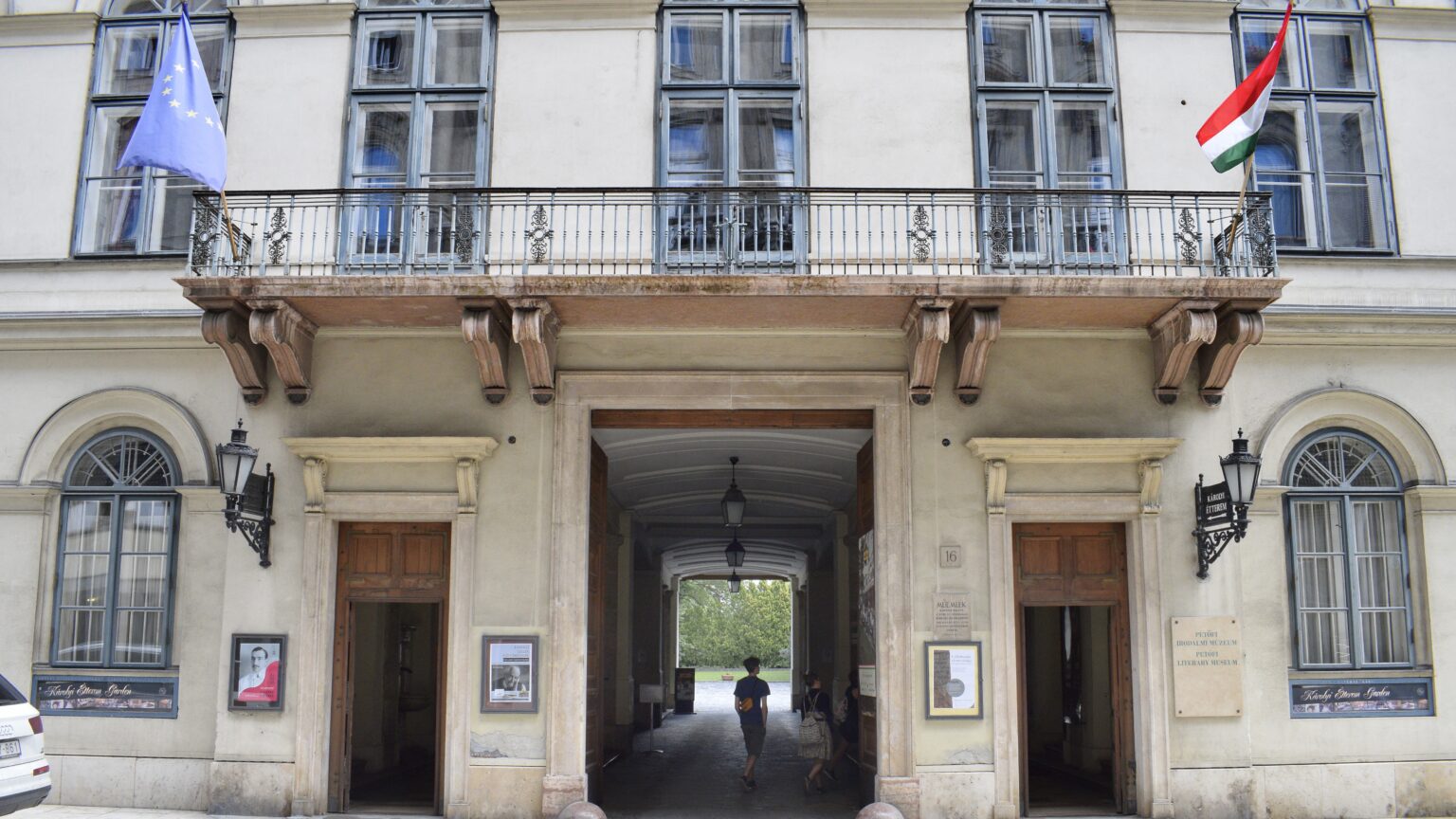
Free guided tours, educational workshops, palace walks, and an interactive city-building game await visitors at the Petőfi Literary Museum on 15 March, offering a rich programme to commemorate the anniversary of the 1848 Hungarian Revolution.

This August the Sziget Festival will welcome visitors with a refreshed visual identity and a reimagined programme, featuring international music stars, innovative performances, and enhanced experiences designed to captivate audiences day and night.

Hungary has marked a historic achievement in space exploration as its first scientific instrument successfully reached the Moon, aboard the American Intuitive Machines’ Athena lander, to search for subsurface water ice near the lunar south pole.

Hungarian researchers have developed new space weather data products to enhance the accuracy of forecasting solar-driven phenomena that impact satellites and Earth-based technology. The innovation, led by the HUN-REN Institute of Geophysics and Space Science, will help mitigate risks posed by extreme space weather events.
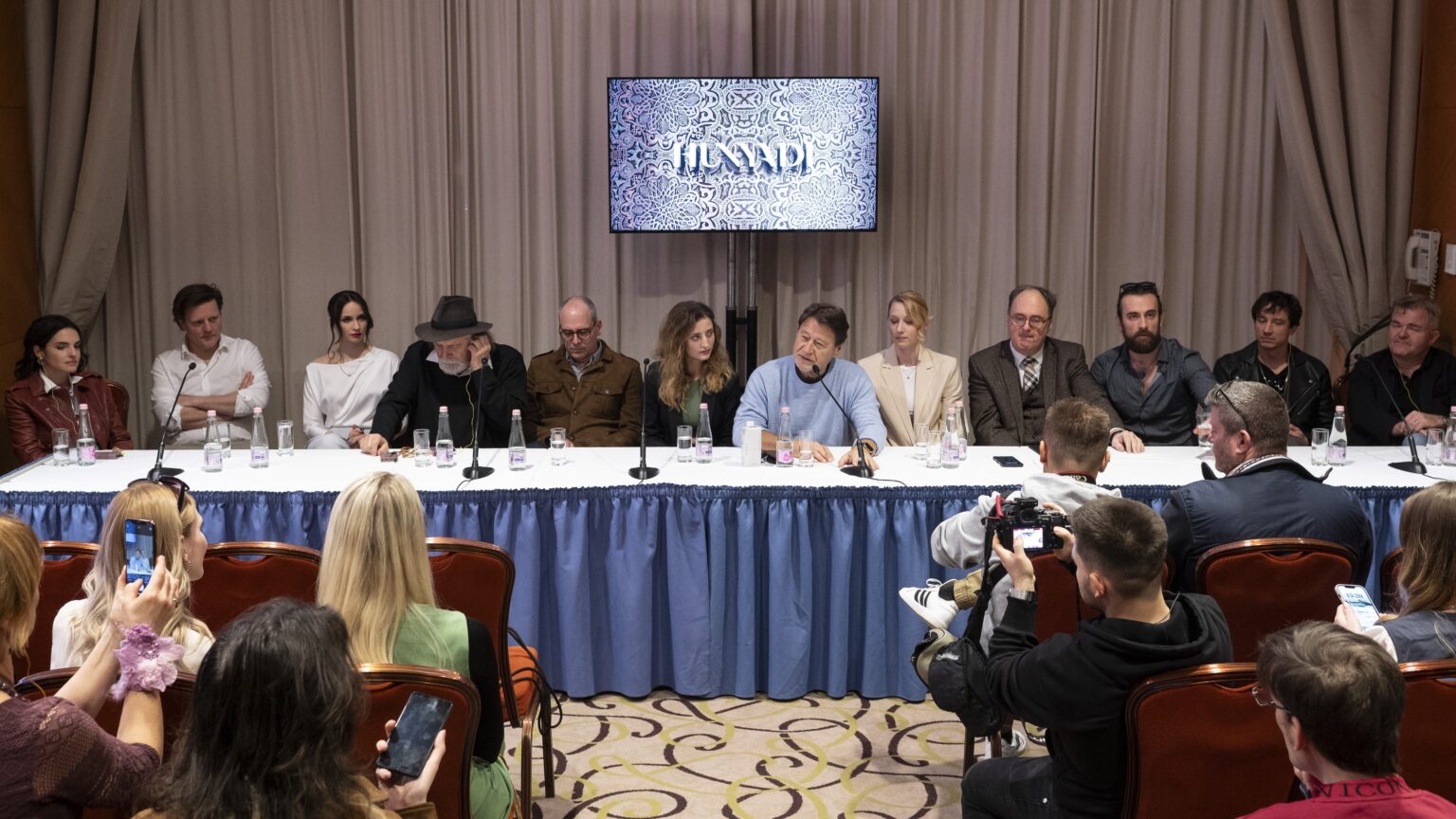
The Hunyadi series represents a significant leap forward for the Hungarian film industry, offering a ten-part international co-production that brings the life of János Hunyadi to screens worldwide through compelling storytelling and exceptional talent.

The European Commission unveiled its Vision for Agriculture and Food strategy in February 2025, aiming to create a more attractive, competitive, resilient, sustainable, and equitable agri-food system for European farmers and food operators.
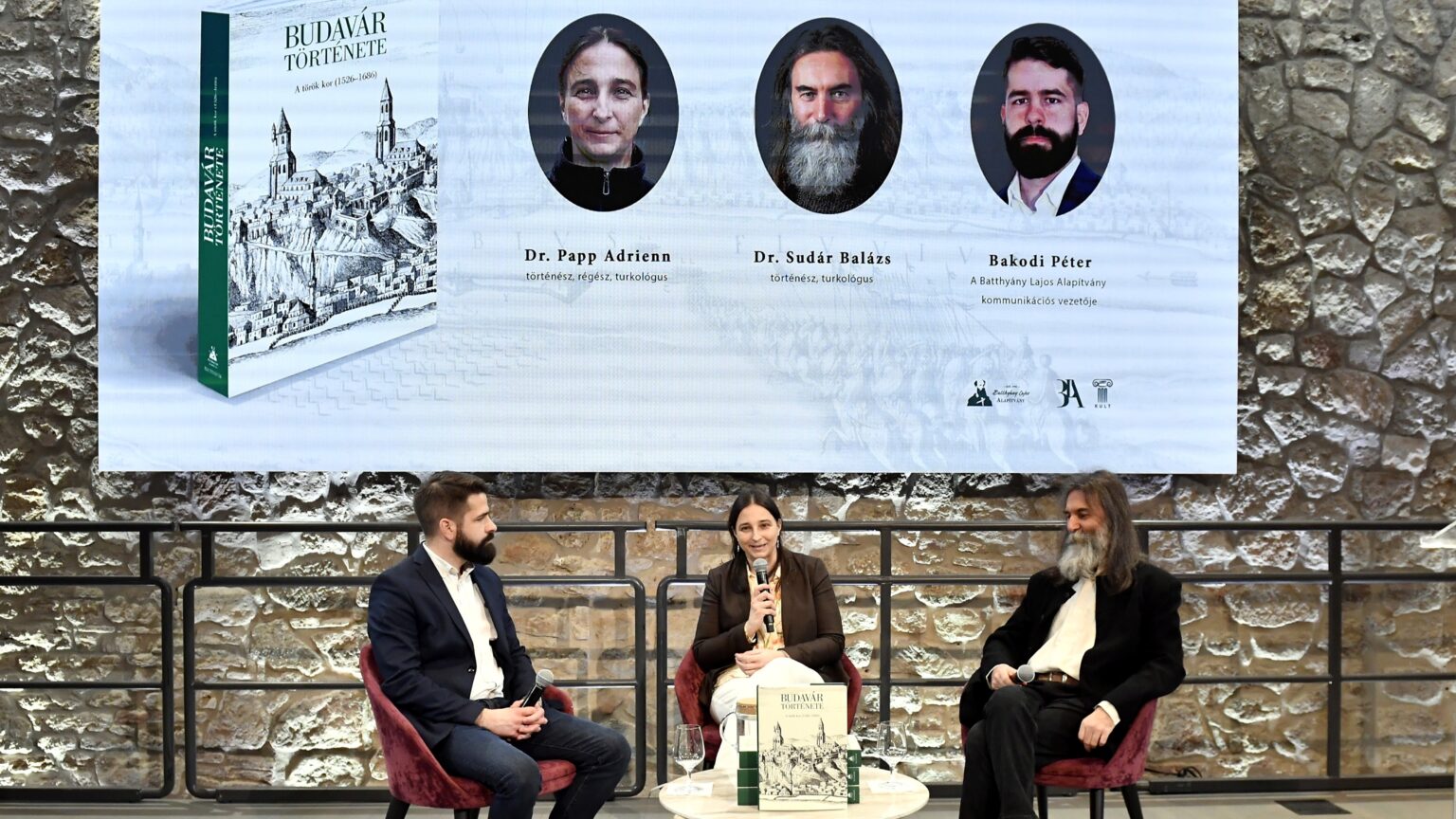
The Batthyány Lajos Foundation has presented the first volume of its new series on the history of the Castle District, covering the Ottoman period from 1526 to 1686. The richly illustrated work aims to serve both the general public and academic audiences.
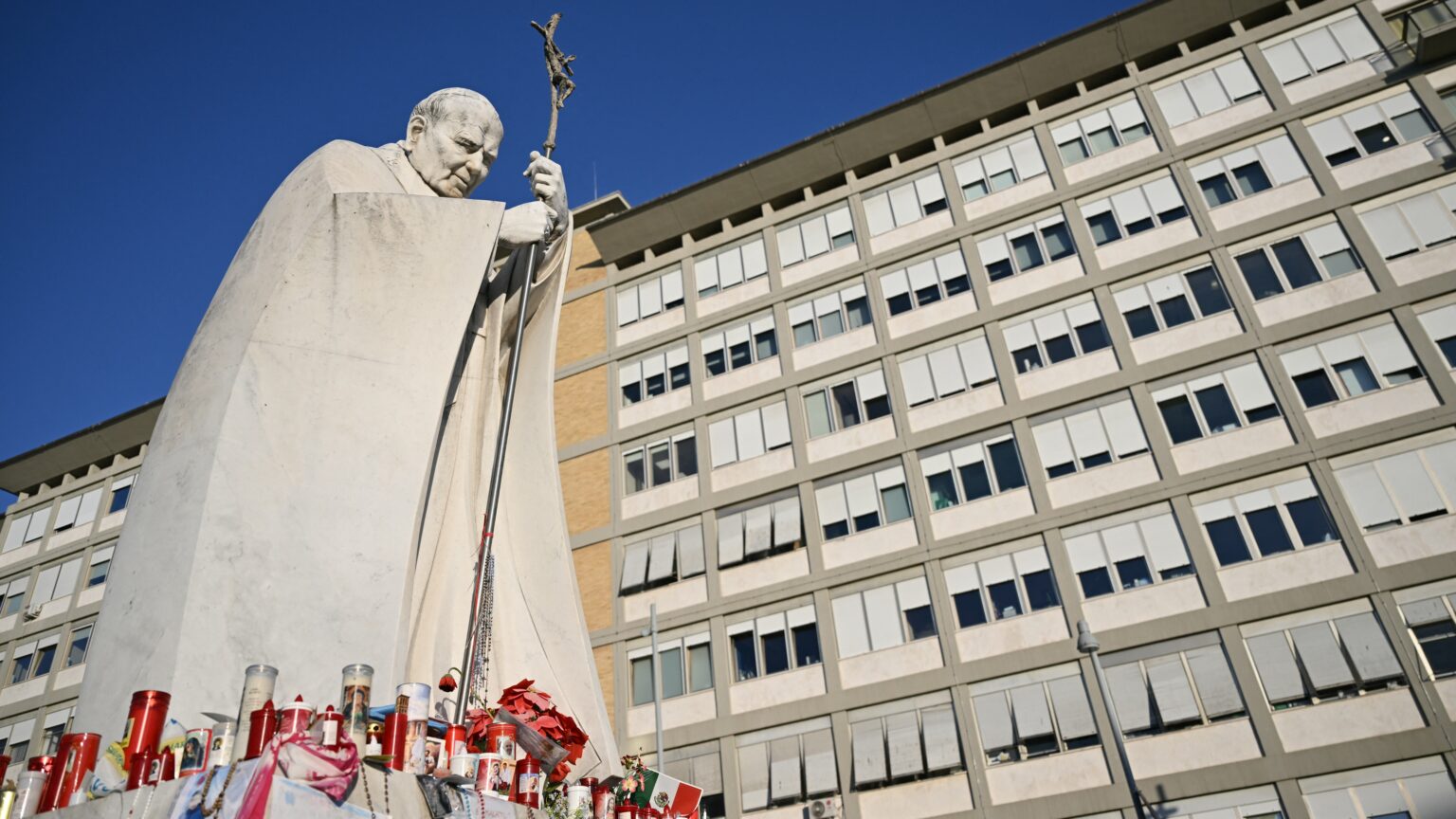
‘As Francis’s tenure nears its close, we stand at a crossroads—what lies ahead? I pray for his renewed health, while recognizing the time has come—for Catholics, Christians of other traditions, non-believers, indeed all who cherish our shared Western civilization—to ponder and pray for the next pontiff. For the Church and the world now face trials that demand a steady hand to guide this succession’s course.’
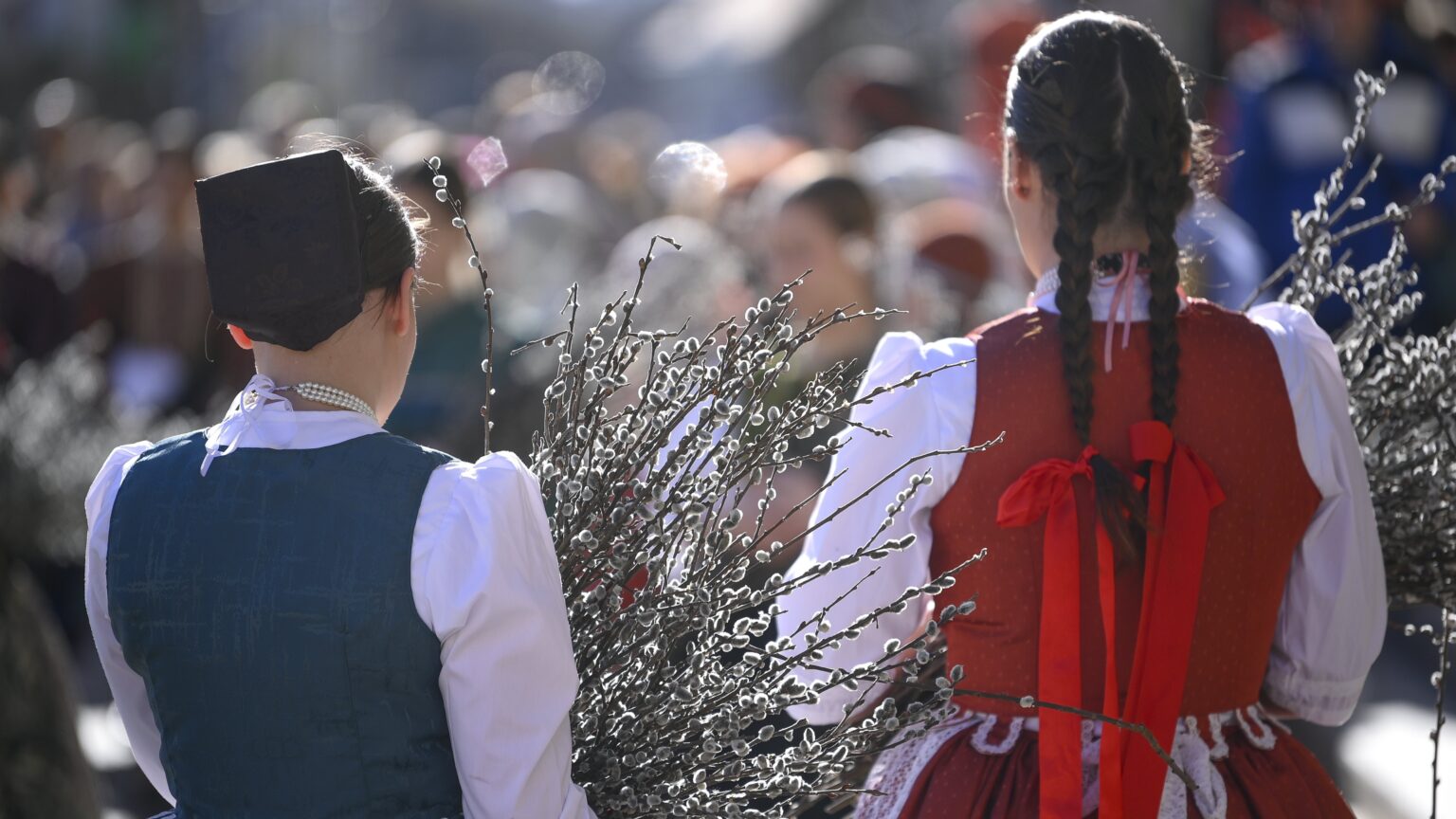
Lent, the forty-day period of preparation for Easter, begins on Wednesday, marking a time of repentance, reflection and self-denial as Christians ready themselves to celebrate the resurrection of Jesus through prayer, reconciliation and sacrifice.
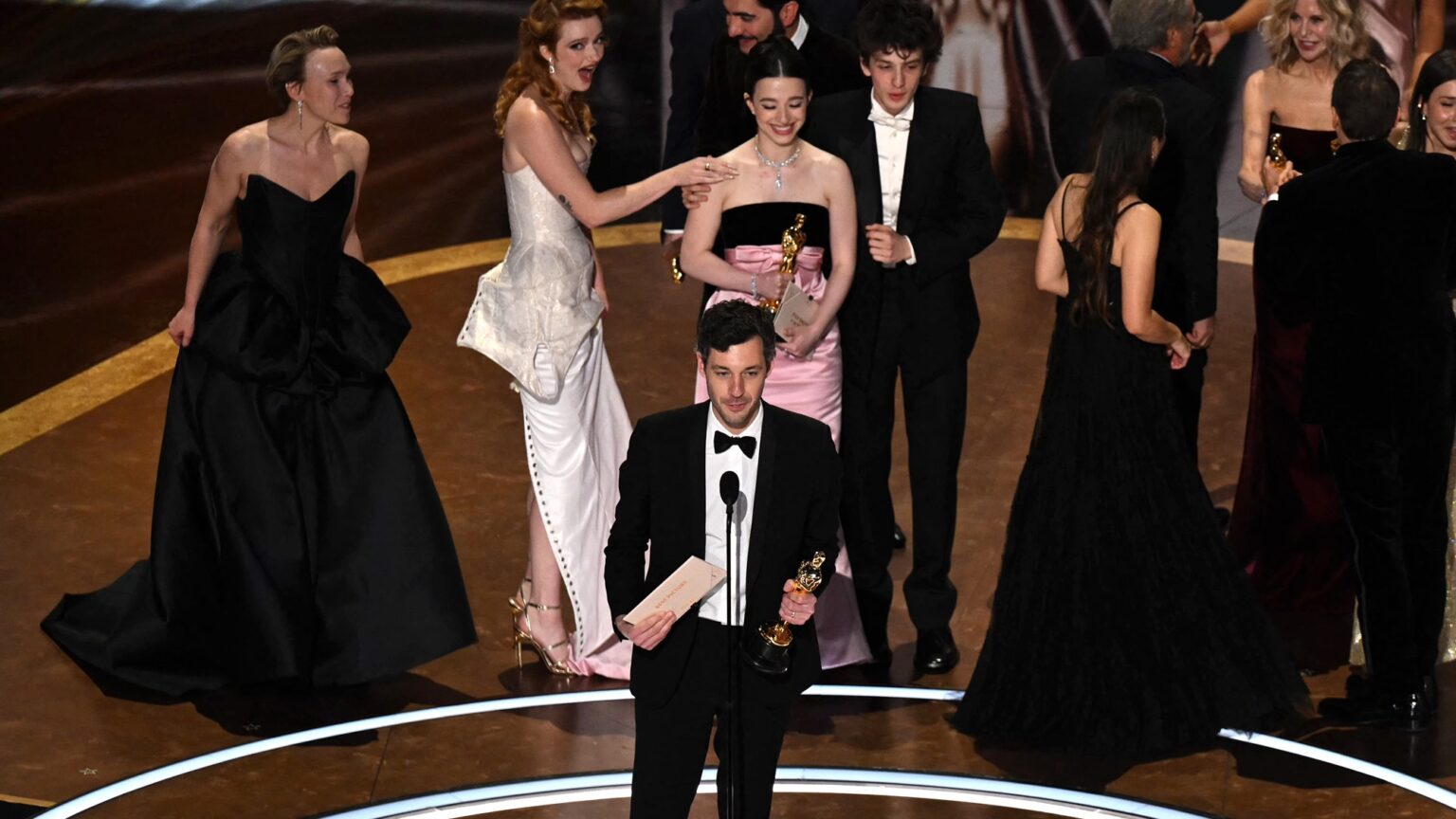
The Brutalist, the film about a Jewish Hungarian artist who flees to the US from the Holocaust, did not win Best Picture at the 2025 Oscars, as most Hungarian people most likely would have liked to see. Instead, Anora, a film about a Russian American stripper was awarded in the category. However, Adrien Brody playing the Hungarian protagonist in The Brutalist won the Best Actor award.
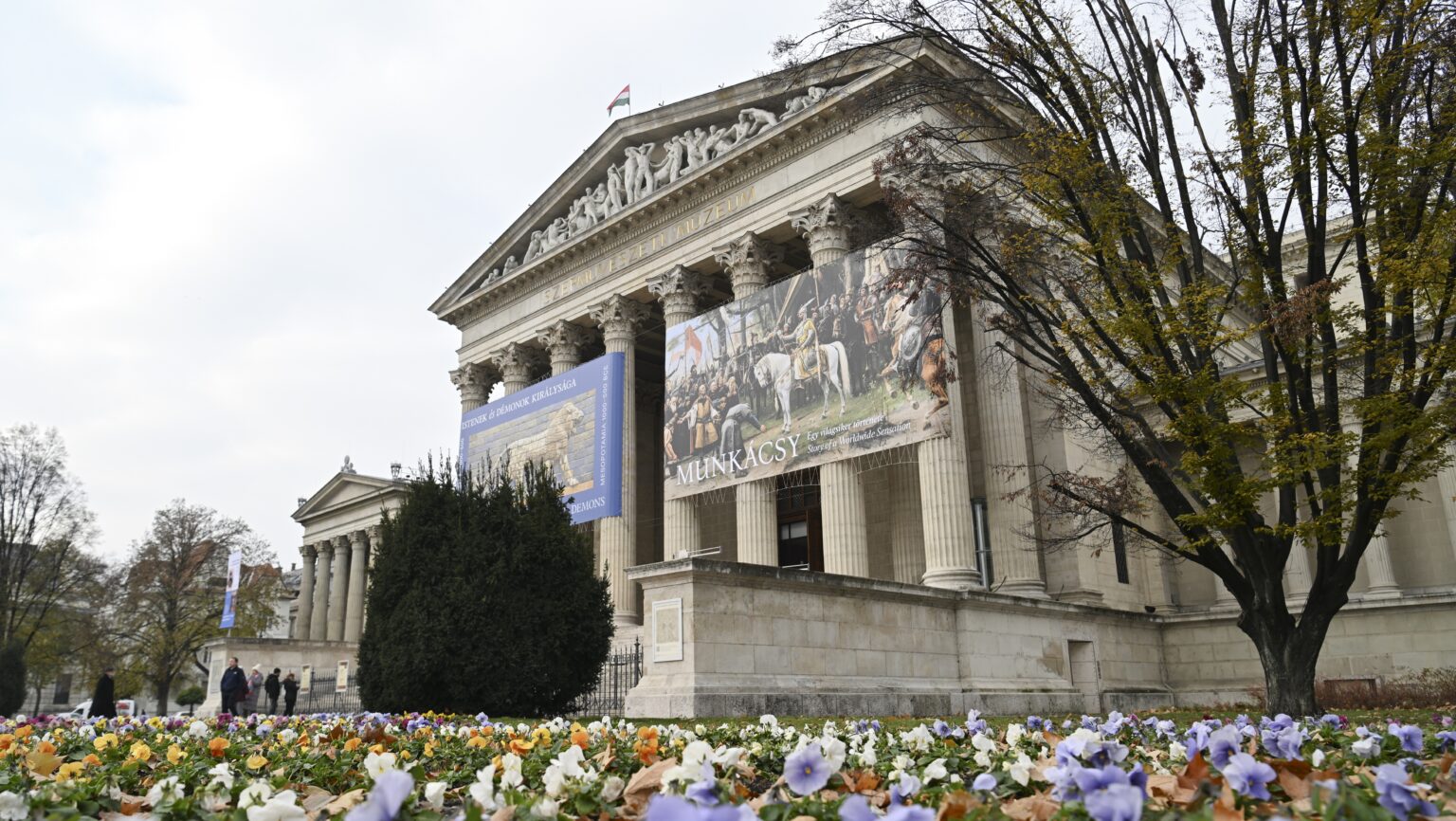
In 2025 the Museum of Fine Arts and the Hungarian National Gallery will present a rich programme of exhibitions, including world-famous artefacts and works by renowned artists. The Director General of the Museum of Fine Arts stressed that the museum continues to be among the 100 most visited institutions in the world, with around 800,000 visitors in 2024.
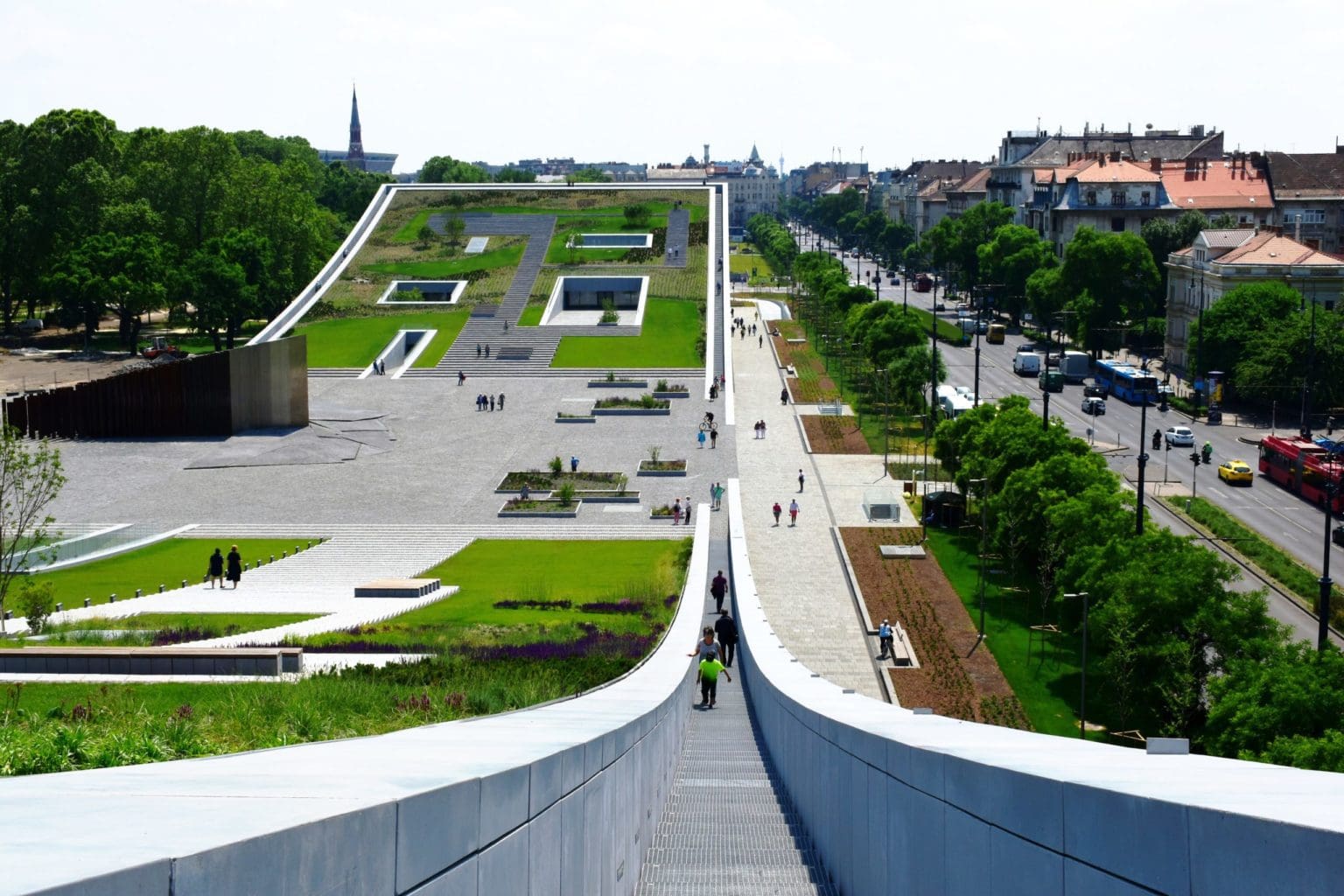
The Museum of Ethnography in Budapest will celebrate its 153rd anniversary on 5 March with a full day of free events, including the unveiling of a rare Hungarian photography exhibition, lectures, concerts, and interactive programmes.
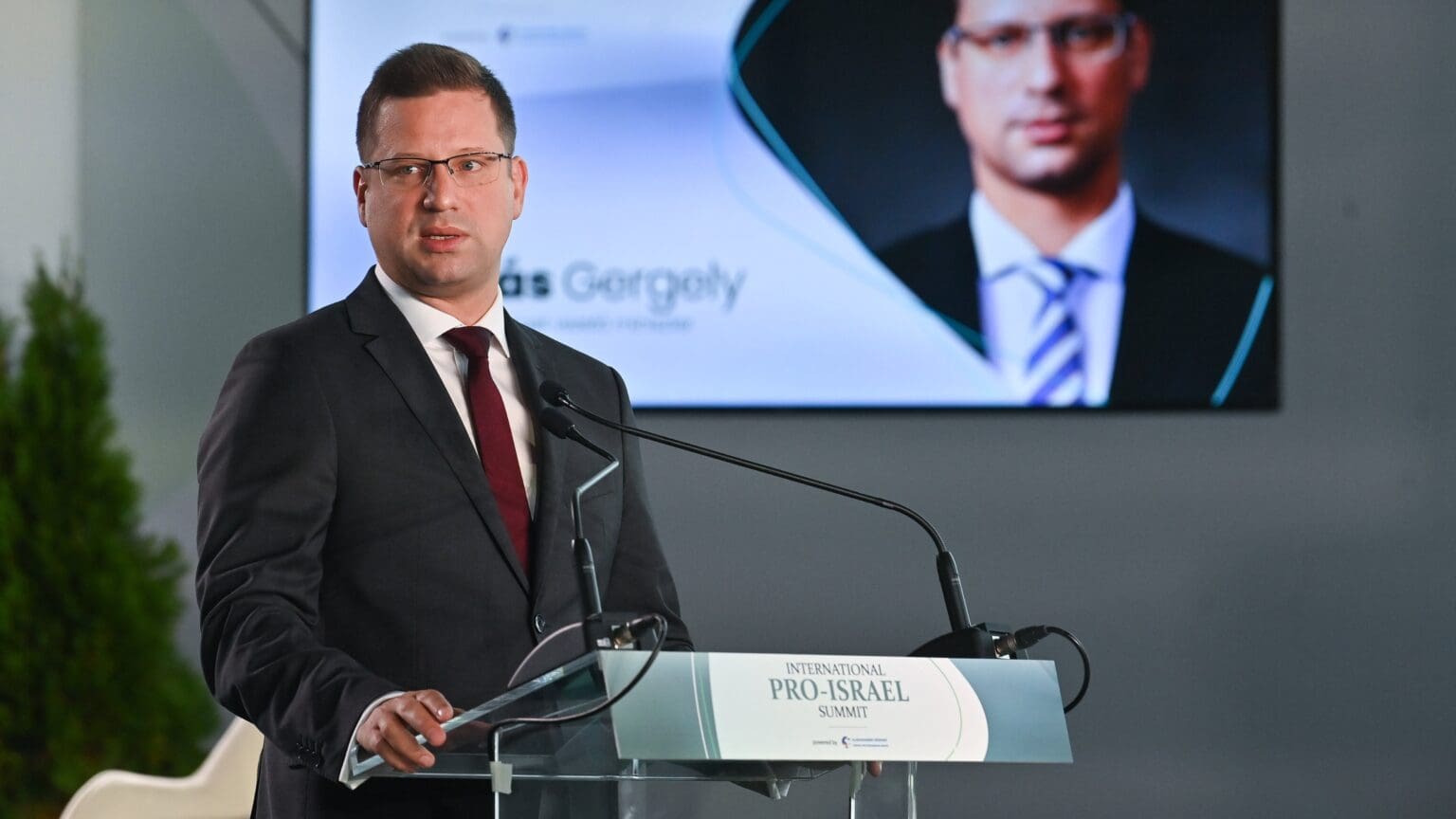
Head of the Prime Minister’s Office Gergely Gulyás of Hungary stated at the Károli Open University event that he is certain US President Donald Trump will visit Hungary at some point in his second term. If he does so, he will become the fourth incumbent POTUS to come to our country.
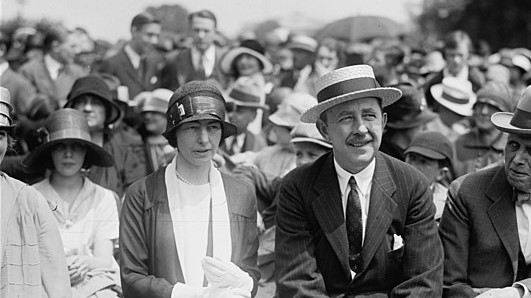
‘Even if Count László Széchenyi had done nothing for his country but win the heart of Gladys Vanderbilt for the Hungarian cause, he would have done enough because Gladys Vanderbilt achieved much, and the fruits of her achievements were enjoyed by Hungarian families in need.’

Erasmus+ was designed to bring European students closer together and strengthen academic cooperation; it was to be a vector of unity and a means of transmitting the fundamental values of our civilization. Yet the current management of the programme betrays these founding principles.
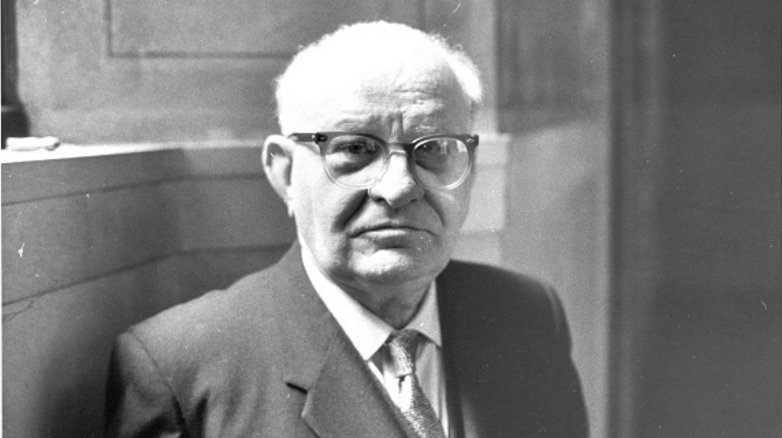
‘Chief Rabbi Béla Berend was considered a black sheep in the history of Hungarian Jewish leadership. His controversial activities within the Budapest Jewish Council during the German occupation and the Holocaust of 1944–45, followed by his trial before the People’s Tribunal, left a mark on his legacy.’ The following article provides some additional details about Berend’s activities in the US.
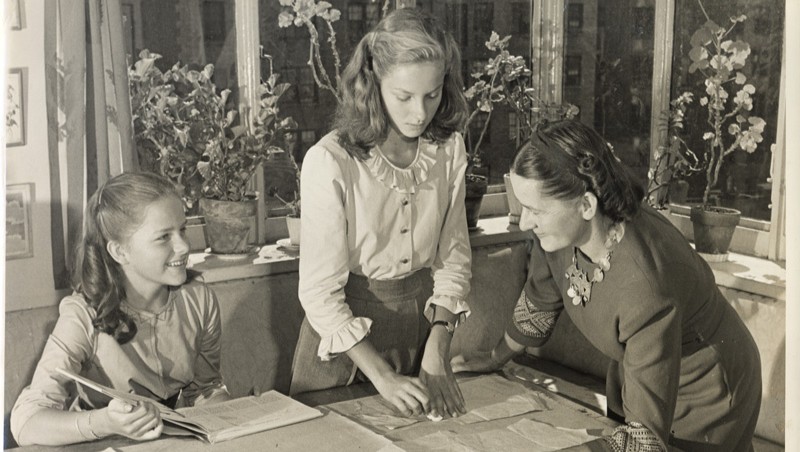
‘The names of the Kárász girls, Ilonka and Mariska, are little known here in Hungary, even though both were significant figures in American visual culture and are widely respected overseas. Ilonka drew two hundred covers for the legendary The New Yorker magazine and designed furniture, interiors, and fabrics, and her work, like that of her sister, is held in the most important American collections to this day.’
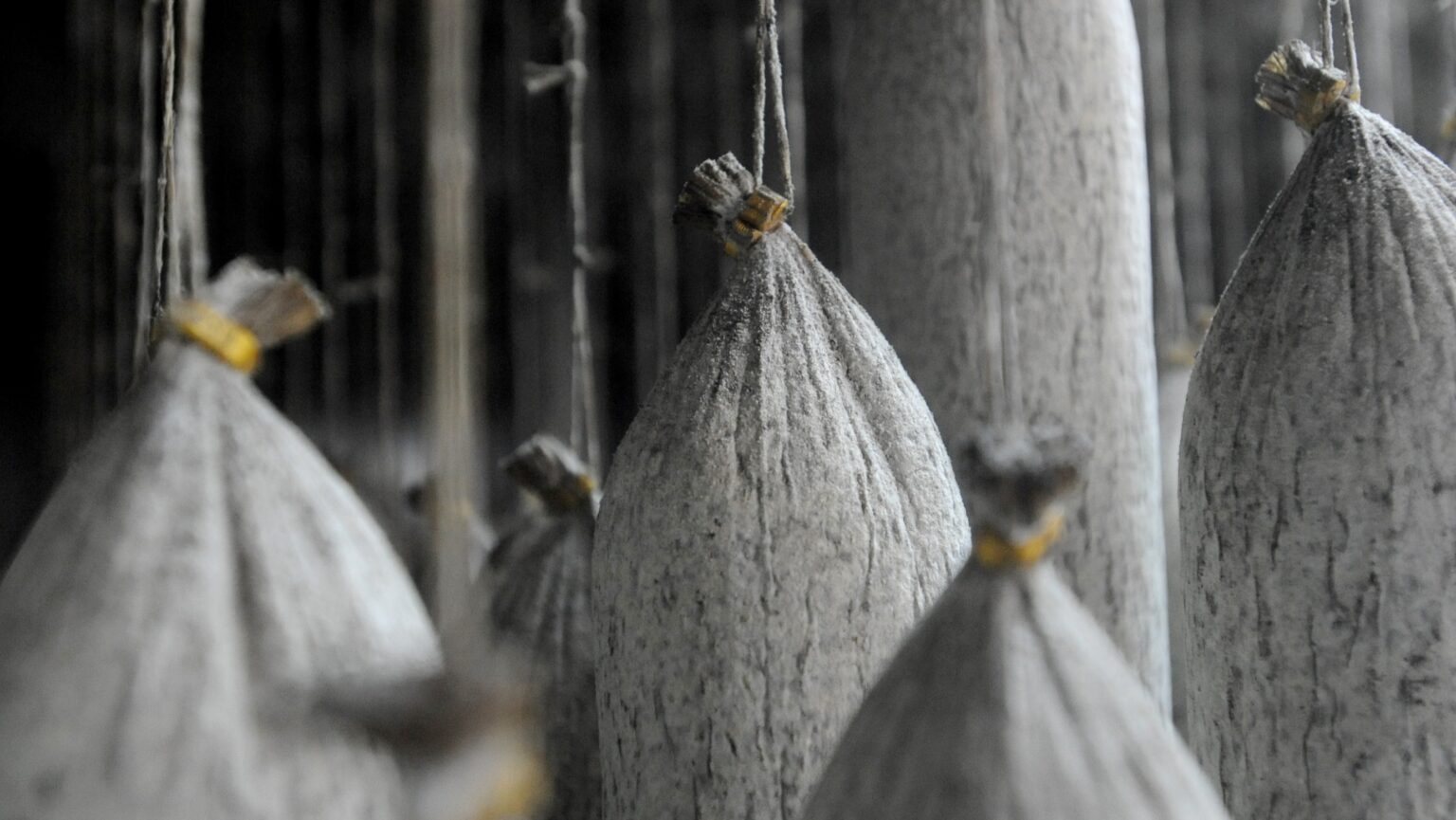
‘On a hike, on holiday, at a family dinner, or as a gift abroad, winter salami (téliszalámi) is always the perfect choice. It never gets old, has no rivals, is long-lasting, tasty, famous, and, most of all, very Hungarian. Pick and Herz winter salami has been a Hungarikum since 2014.’
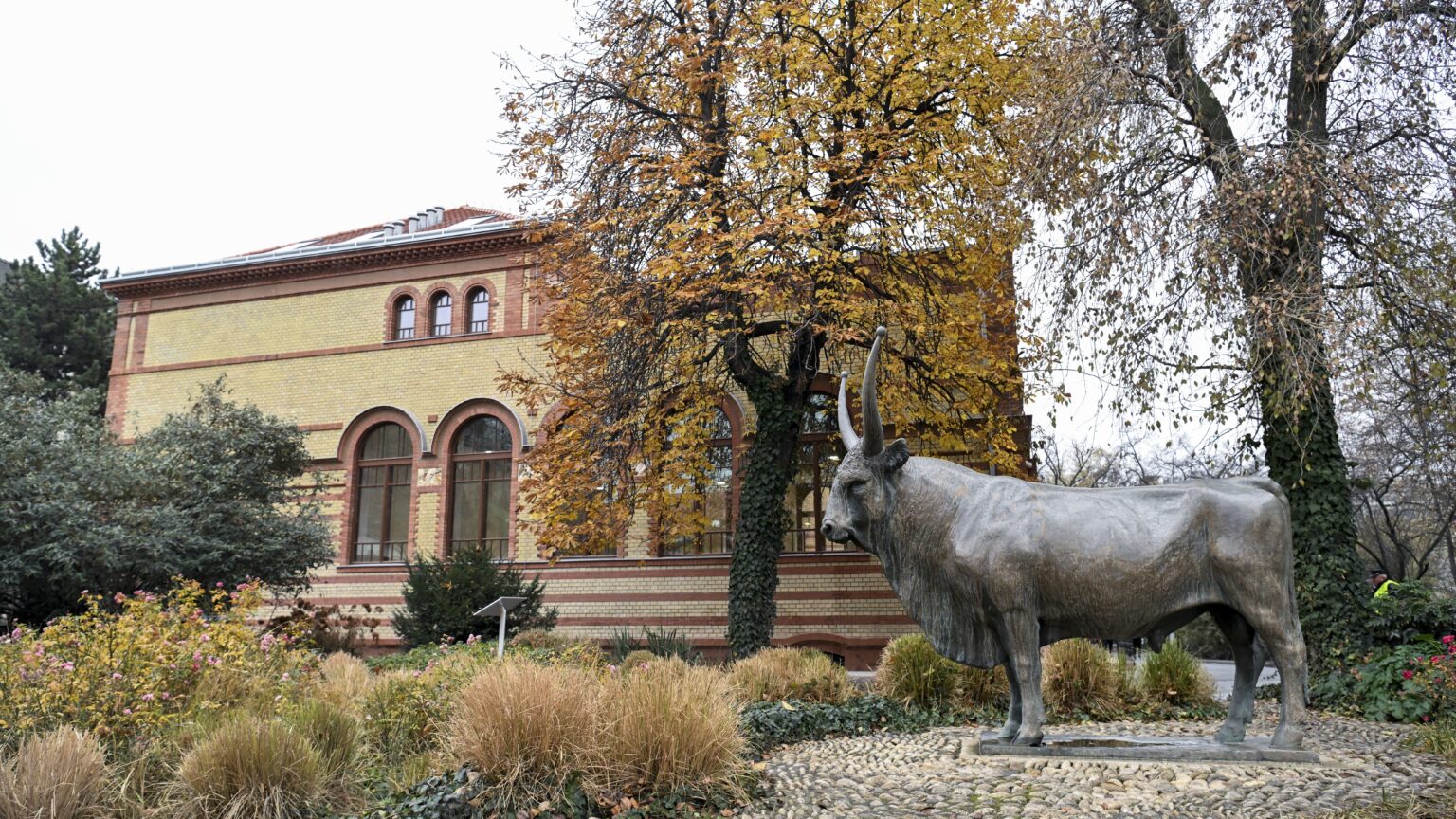
Hungary’s reformed universities have far exceeded expectations in the past four years, significantly improving their international rankings and student enrolment. At the University of Veterinary Medicine Budapest’s graduation ceremony, officials praised these institutions’ growing influence and ongoing government support.
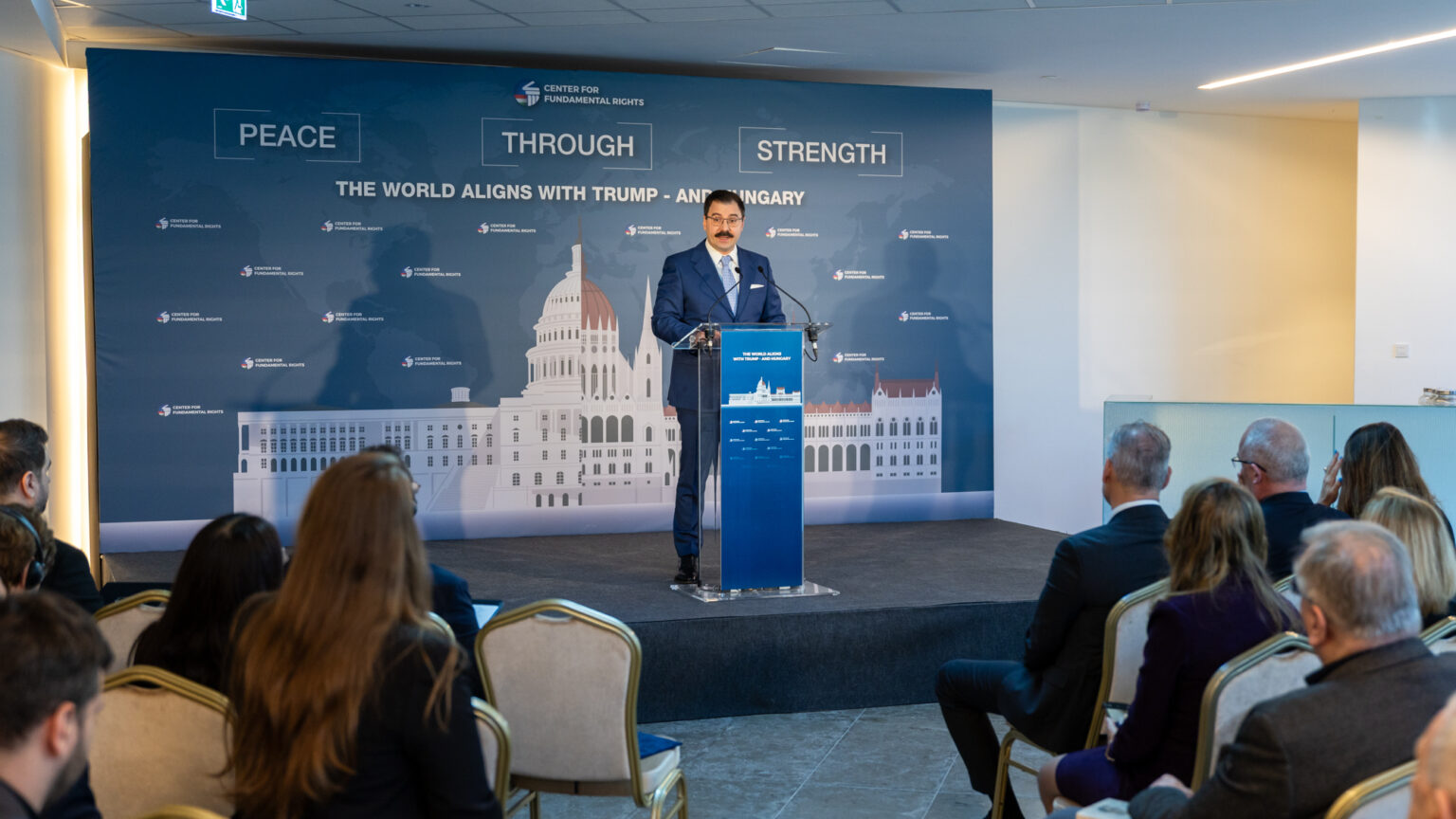
At the Peace Through Strength conferences hosted by the Center for Fundamental Rights in Budapest, the distinguished guests discussed the new geopolitical realities brought on by the second Trump administration. They have put a special emphasis on the Hamas–Israeli war, and the attacks on the religious freedom of Jews and Christians alike around the world.

Hungary’s government is ramping up efforts to expand its forested areas, aiming to increase forest coverage from 24 per cent to 27 per cent. Minister István Nagy highlighted the strategic importance of forests for environmental sustainability and livability, announcing substantial funding for afforestation and urban tree-planting initiatives.
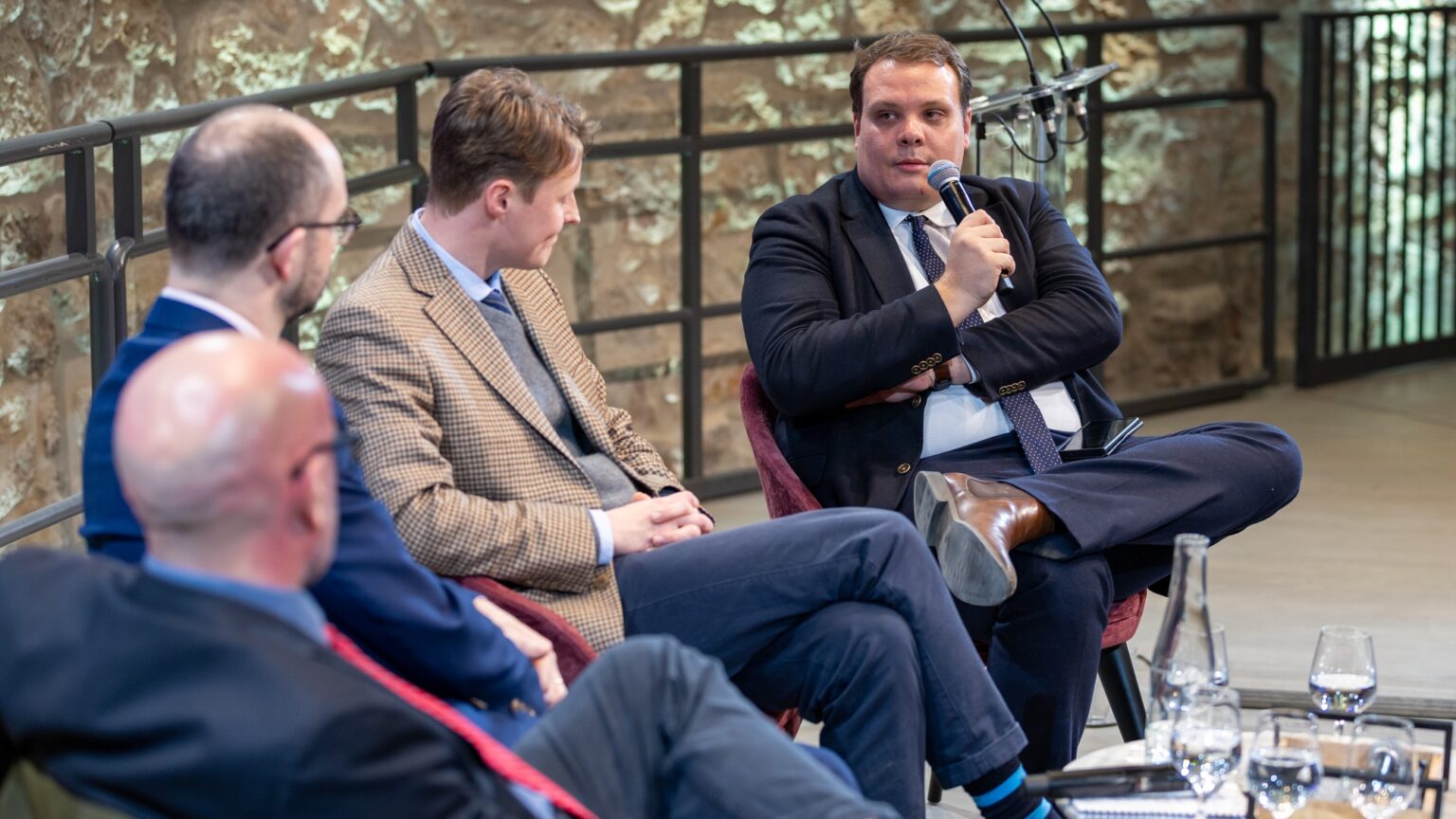
The Danube Institute hosted an event dedicated to free speech in the UK and Brexit titled ‘Renewing UK Politics: Conservative Challenges and the Road to Prosperity’. The panel featured Senior Researcher Guy Dampier and Managing Director Dr Radomir Tylecote from the London-based conservative think tank Prosperity Institute, as well as Visiting Fellow Doug Stokes from the Danube Institute.
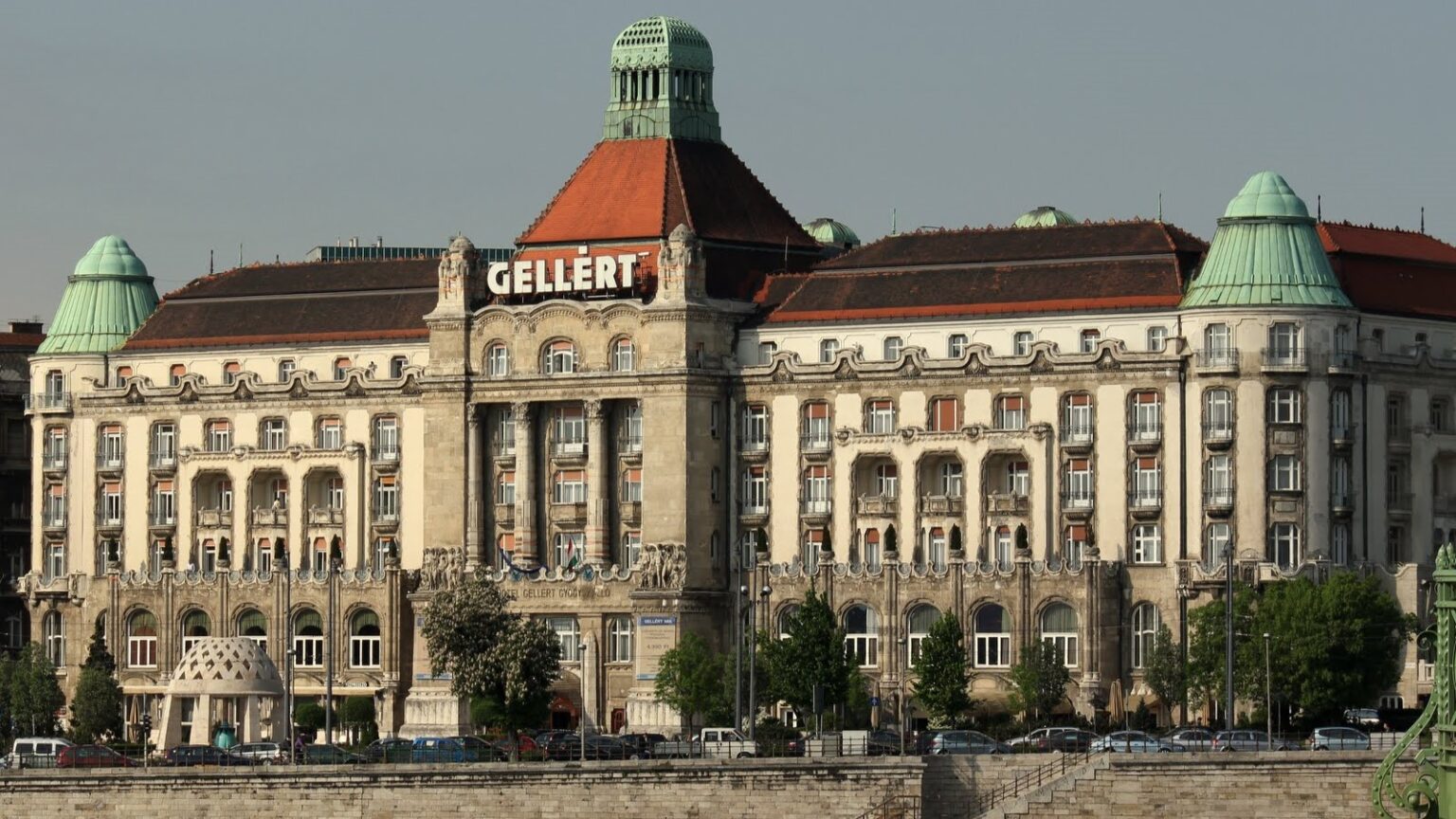
‘I had been to Budapest before the war, but that was a long time ago. It was the first time I saw the theatre here. And I can safely say that I have seen real theatre,’ Orson Welles highlighted when he visited Budapest in 1967.

In a groundbreaking medical development, Hungary has successfully administered its first CAR-T cell therapy to two children with leukaemia at the South-Pest Hospital Centre. This cutting-edge immunotherapy, which genetically modifies a patient’s own immune cells to fight cancer, marks a significant step forward in paediatric oncology.

Multiple news outlets were able to demonstrate that, as of late February 2025, if a user said the word ‘racist’ to Apple’s voice note feature, it often first transcribed it as ‘Trump’ before correcting itself to the actual word. Apple has responded to the controversy, saying they are aware of the issue and fixing the bug.

A recent survey by the National Media and Infocommunications Authority (NMHH) reveals that only 17 per cent of Hungarian sports fans find it acceptable that UEFA Champions League matches are available exclusively through RTL’s subscription-based streaming service. Many remain unwilling to pay for access.
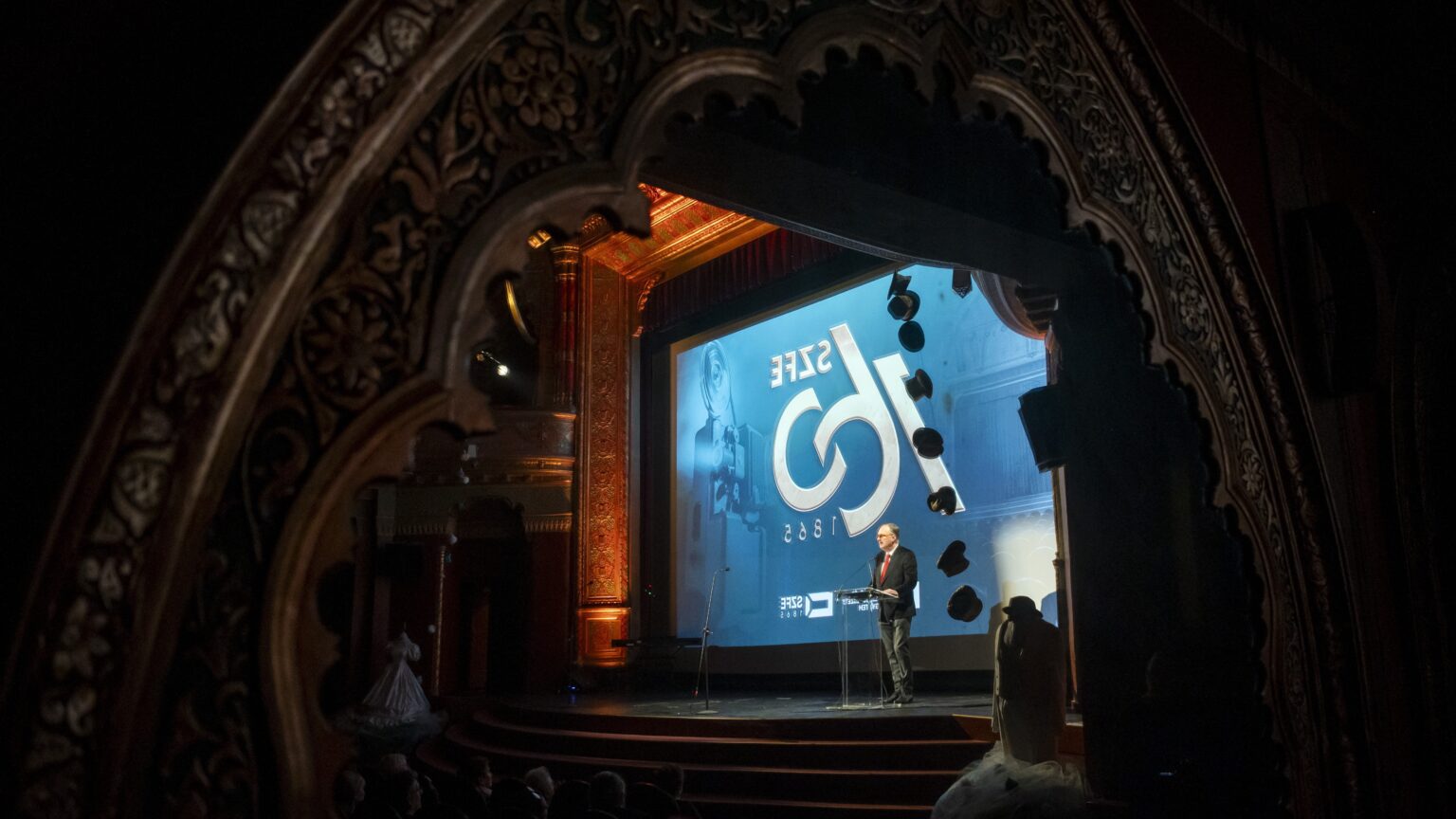
The University of Theatre and Film Arts (SZFE) celebrated its 160th anniversary with a grand gala at Uránia National Film Theatre. Founded in 1863, the institution has played a defining role in Hungary’s cultural heritage, shaping generations of theatre and film professionals.

The European Network Remembrance and Solidarity (ENRS) is soliciting submissions for their ‘Grandparents. Grand Stories. The Closest Stories from the Second World War’ contest. They are looking to hear first-hand accounts from WWII, passed down from older generations to the young within the family. The deadline is 15 March.
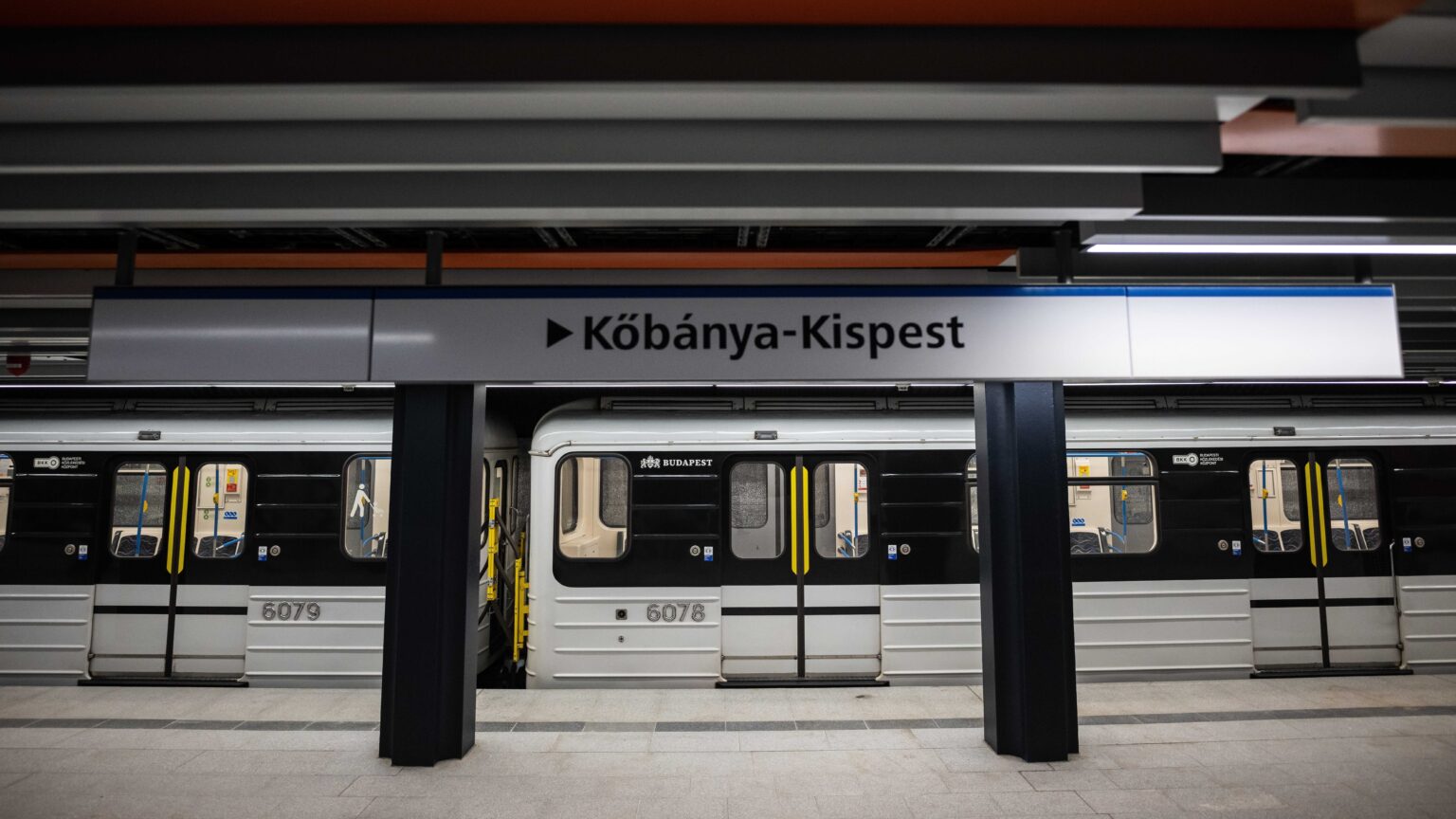
The refurbishment of Budapest’s Metro Line 3 included a complete reconstruction of its train carriages by a Russian partner, BKV confirmed. Although the project was initially described as a renovation, the trains’ structures were entirely rebuilt due to their poor condition.
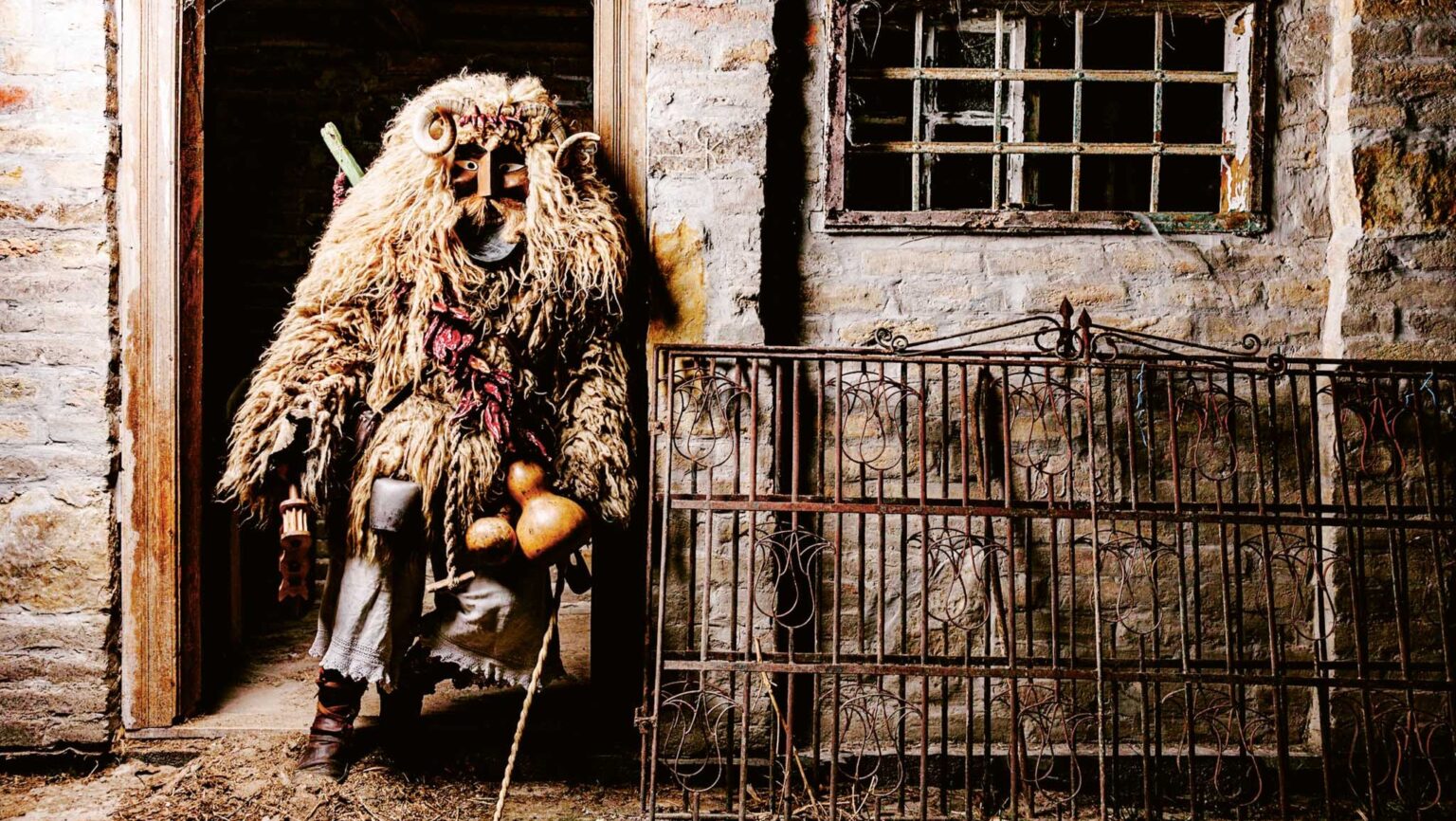
‘Becoming a busó for a few days is much more than just being dressed up. It is a real transformation. Hiding behind a mask is a kind of freedom, like commenting anonymously…But a busó never reveals himself, changing his mask year after year if he has to, because it is much more than just a game, it is a state of altered consciousness approaching mysticism, an unending, passionate game, and virtue.’

Hungarian Conservative is a quarterly magazine on contemporary political, philosophical and cultural issues from a conservative perspective.